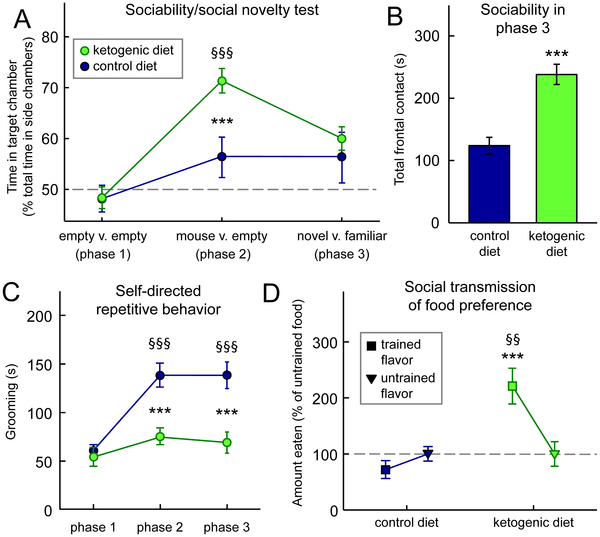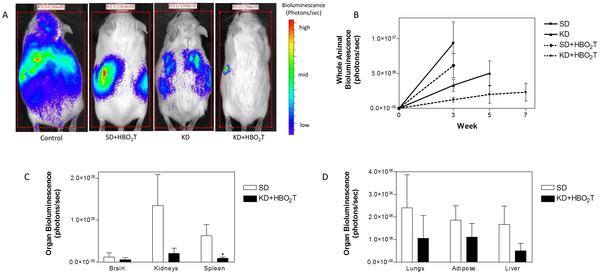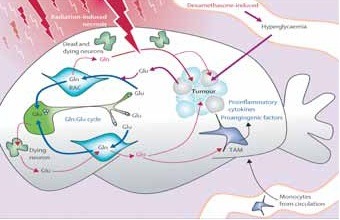Wonders of the Ketogenic diet: Two Men Who Ate Nothing but Meat for an Entire Year!
Low-carb diets and paleolithic nutrition are all the rage these days, and for good reason. Compared to the Standard American Diet, both of them are superb. Few of us would dare to take the two to their extreme, however. Giving up sugar and wheat is one thing, but what about giving up everything except meat? Yes, I'm talking about an ultra low-carb diet with even foods like nuts and berries removed. Unsurprisingly and understandably, studies on the long-term effects of such a diet are severely lacking. There is at least one study that did just this, however. Dr. Vilhjalmur Stefansson, the Canadian ethnologist who spent more than a decade with the Inuit during his arctic explorations, lived almost exclusively on fish and meat for 9 years. At the time, this was considered heresy and life-threatening, just as it is today. To the surprise of many (including Stefansson himself), he suffered no health problems during his decade of pure carnivorism. When he told people of his amazing experiences, he was met with skepticism from medical authorities who asked him to undertake a study that would replicate the results. He and a fellow explorer named Andersen agreed to eat an all-meat diet for an entire year in a closely observed setting.











